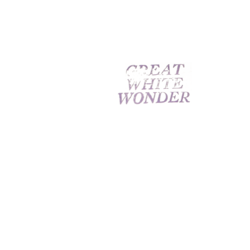
Back Бутлегавы запіс BE-X-OLD Bootleg Catalan Bootleg Czech Bootleg Danish Bootleg German Bootlega registrado EO Edición pirata Spanish ضبط بوتلگ FA Bootleg Finnish Enregistrement pirate French

A bootleg recording is an audio or video recording of a performance not officially released by the artist or under other legal authority. Making and distributing such recordings is known as bootlegging. Recordings may be copied and traded among fans without financial exchange, but some bootleggers have sold recordings for profit, sometimes by adding professional-quality sound engineering and packaging to the raw material. Bootlegs usually consist of unreleased studio recordings, live performances or interviews without the quality control of official releases.
Bootlegs reached new popularity with Bob Dylan's Great White Wonder, a compilation of studio outtakes and demos released in 1969 using low-priority pressing plants. The following year, the Rolling Stones' Live'r Than You'll Ever Be, an audience recording of a late 1969 show, received a positive review in Rolling Stone. Subsequent bootlegs became more sophisticated in packaging, particularly the Trademark of Quality label with William Stout's cover artwork. Compact disc bootlegs first appeared in the 1980s, and Internet distribution became increasingly popular in the 1990s.
Changing technologies have affected the recording, distribution, and profitability of the bootlegging industry. The copyrights for the music and the right to authorise recordings often reside with the artist, according to several international copyright treaties. The recording, trading and sale of bootlegs continues to thrive, even as artists and record companies release official alternatives.